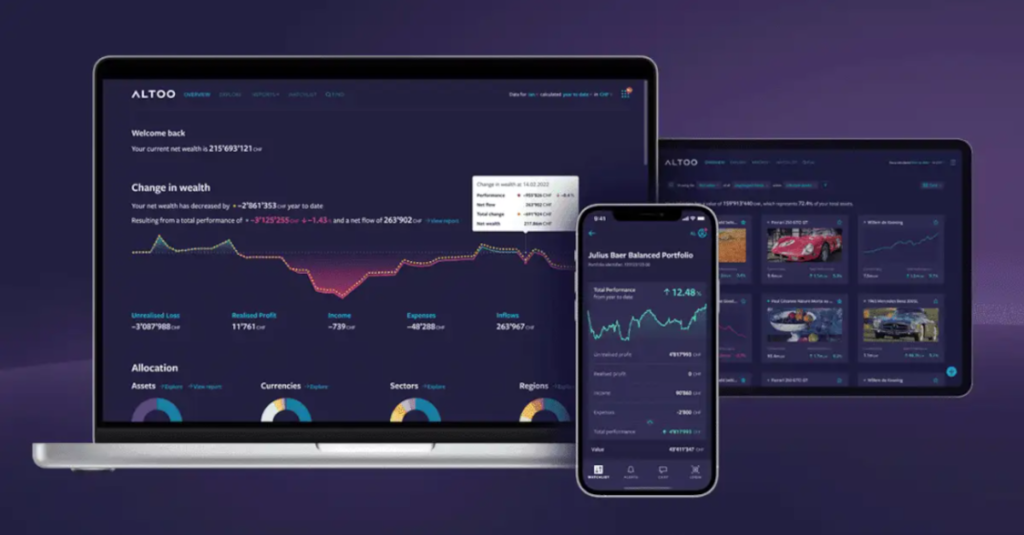Political turbulence and market signals
The numbers from the first quarter of 2025 capture the mood in America. Global sustainable funds recorded net outflows of US$8.6 billion, with US$6.1 billion withdrawn from U.S. funds alone (Reuters, 2025). That was the tenth straight quarter of decline in America. The same pattern is visible in the bond market. U.S. green bond issuance fell to US$24.4 billion by May 2025, down from US$43.3 billion in the same period a year earlier (Financial Times, 2025).
These trends show how political moves can sway short-term investor behavior. Republican state governments have filed lawsuits against ESG-branded funds and restricted pension allocations to them. Fund managers have avoided ESG products by re-naming or terminating them due to fears of lawsuits. At the company level, companies are quietly continuing their sustainability work, a practice known as greenhushing. HSBC and Bayer, for example, have kept net-zero targets while toning down the use of ESG rhetoric (Financial Times, 2025).
Markets pull in a different direction
While politics dominate headlines, markets follow returns. Clean energy is an industry on its own merits now. During Trump’s first term, federal incentives for renewables weakened, yet U.S. solar installations still rose by 50 percent between 2016 and 2020, supported by falling technology costs and state-level subsidies (MarketWatch, 2025).
Globally, the International Energy Agency (2024) reports that clean energy investment nearly doubled the amount invested in fossil fuels in 2024. Roughly US$2 trillion flowed into renewable power, batteries and grid upgrades, compared with US$1 trillion into hydrocarbons. Total energy investment reached above US$3 trillion for the first time. The direction of that trend is hard to reverse. No matter who’s in charge politically.
Elevate Your Wealth Game: Empowering UHNWIs for Simplified Asset Management. Altoo Platform Preview
Performance data backs the case. A notional US$100 invested in a sustainable equity fund in late 2018 is now worth US$136, compared with US$131 in a conventional portfolio (Rothschild & Co, 2025). In early 2025, sustainable large-cap funds rose by 2.09 percent while the MSCI ACWI index fell by 1.58 percent.
Why family offices stand apart
Family offices are structured differently from asset managers or pension funds. They typically manage wealth for one family, often across generations. They are not bound by quarterly reporting cycles or shareholder pressure. Instead, they are set up to preserve and grow wealth for decades, sometimes centuries.
That structural independence changes the investment horizon. Patient capital allows family offices to hold illiquid assets such as private equity in renewable energy, sustainable agriculture or nature-based carbon projects. They can ride out political or market swings because their mandate is not short-term profit but long-term continuity.
UBS’s Global Family Office Report (2024) highlights this dynamic. Nearly half of family offices list climate change among their top five risks, alongside geopolitical instability. UBS’s Family Office Quarterly (2025) goes further, noting that 80 percent of offices now coordinate operating companies alongside wealth portfolios. That integration means sustainability commitments often apply not just to investments but also to the businesses owned by families.
Governance and fiduciary responsibility
Governance also plays a critical role. The United Nations’ Principles for Responsible Investment argue that ignoring ESG can amount to a breach of fiduciary duty (PRI, 2006). Academic work supports this. Oprean-Stan (2025) proposes a model of “sustainable economic value” to quantify how ESG integration strengthens corporate performance. For family offices, such frameworks provide intellectual backing for practices that already align with their reputational and legacy goals.
Balanced allocations, not blind commitments
It would be wrong to suggest that family offices are funnelling all assets into green technology. UBS data shows that portfolios were rebalanced in 2024. Developed-market fixed income reached its highest share in five years, as families sought stability during volatile markets. Regional allocations also remain diversified: 50 percent in North America, 27 percent in Western Europe, and 17 percent in Asia-Pacific. ESG falls into that broader picture. It is not a mass transfer but a blended component of diversified investing.
The scale of sustainable finance
The momentum of global sustainable finance is in favor of the long term. China’s green bond market reached US$489 billion by the end of 2022, making it the largest national market after Europe (Wikipedia, 2025). The International Renewable Energy Agency (2023) reports that US$200 billion was invested in renewable energy infrastructure in 2023, a 75 percent increase from the year before. Clean technologies received US$1.9 trillion of the US$3 trillion of worldwide energy invested during the year. These are not marginal flows. They show that sustainable finance is now part of the global financial architecture, even if political narratives oscillate. Switzerland is an example of such global momentum. With Zurich and Geneva ranking among the top centres for sustainable wealth management, the country has committed to a net-zero strategy by 2050. Swiss family offices have set the tone for welcoming ESG frameworks and benefiting from Europe’s more stringent disclosure requirements and harmonisation with global taxonomies. Globally, Europe accounts for the vast majority of ESG assets, while Asia, and particularly Singapore and Hong Kong, is scaling rapidly. Family officers everywhere are therefore navigating not just financial opportunities but also a regulatory landscape that increasingly requires credible sustainability reporting.
The governance challenge for family offices
While conviction is strong, execution is complex. ESG assets cut across asset classes and jurisdictions. Measuring both financial returns and environmental or social impact requires consolidated data and consistent reporting. This is where digital platforms fit in. They aggregate multi-bank and multi-asset data into a single secure interface, enabling family offices to monitor exposures, track all relevant commitments and report transparently. For wealthy families, clarity is not just operational convenience; it is the foundation of governance. Platform’s ability to combine transparency, governance, and reporting directly addresses the challenges that family officers face when embedding ESG into long-term wealth strategies.

Legacy, not fashion
For family offices, ESG is not a trend to be abandoned when politics shift. It’s a risk management framework, a component of fiduciary duty and a way of aligning wealth and values across the generations. Political cycles can disrupt sentiment, but they cannot undo the structural drivers of clean technology economics, investor performance data or fiduciary expectations.
In this sense, ESG is not just about short-term risk and return. It is about legacy. The architecture of family offices (long time horizons, governance frameworks and capital flexibility) makes them natural leaders in embedding sustainability into wealth management.
For family officers, the relevance lies in anticipating shifts. Political cycles may complicate fund flows, but family offices with long-term horizons cannot afford to ignore ESG. The task is not simply to invest but to measure, govern and report clearly – ensuring that sustainability strategies are not left as rhetoric but embedded in practice. Platforms such as Altoo give officers the tools to deliver that clarity and secure the family’s legacy.
From Question to Action: The Family Officer’s Cheat Sheet
| What's on your mind? | Why it matters | Practical Move |
|---|---|---|
| "Does ESG affect my daily role?" | ESG reporting cuts across banks, custodians, and asset classes. Without oversight, blind spots multiply. | Use tools that consolidate data, so you can monitor ESG seamlessly and brief principals with confidence. |
| "How do I evaluate ESG when pictures cloud the picture?" | Performance data: sustainable funds outperformed peers five years and even in early 2025. | Use evidence, not sentiment. Benchmark portfolios against indices to guide decisions. |
| "What matters more: politics or legacy?" | Europe holds 85% of ESG assets, Switzerland is a hub for sustainable wealth, and Asia is scaling fast. | Frame ESG as part of long-term legacy planning. Political cycles are noise; intergenerational horizons are the signal. |
At Altoo AG , we are a digital wealth management provider built for family offices. While we don’t offer investment advice, we help you stay informed on the trends shaping your operations: from ESG integration to evolving governance demands.
For deeper insights on how family offices are navigating the future with purpose and precision, download our free eBook: The Art of a Successful Family Office.









